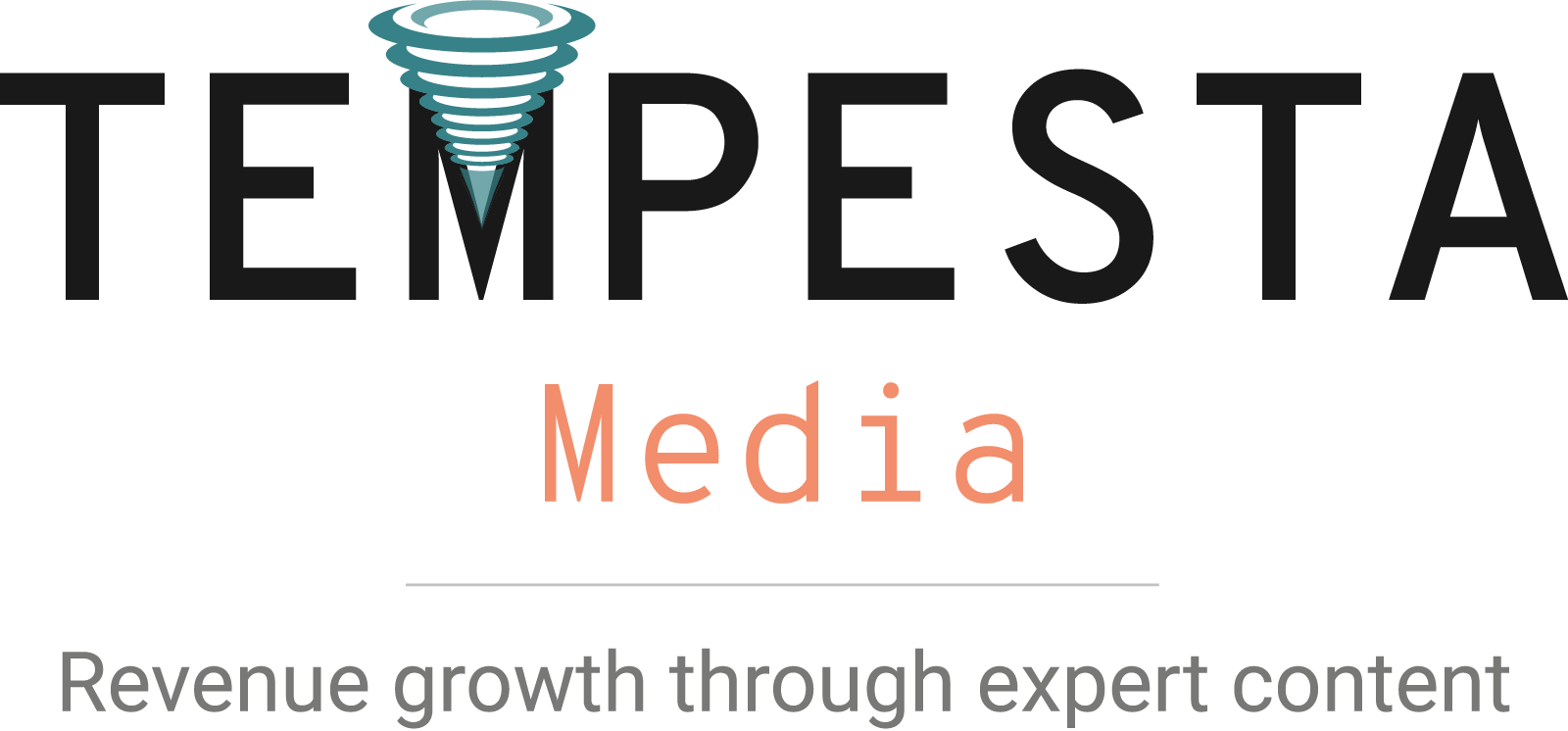Last week we discussed assigning ownership to ensure that the content gets reviewed in a timely matter. Today’s focus is about reviewing content in highly regulated industries.
Regulatory compliance reviews content to avoid legal ramifications
A challenge facing many U.S. companies who wish to ramp up their content marketing efforts is passing compliance in highlight regulated industries. Examples of highly regulated industries include health care and financial services industries industries. For example, in the financial space, companies may not be able to recommend specific investing advice. In this case, every single blog article that is created has to go through a regulatory review process either internally or externally.
Delineate who reviews the content and all expectations
The person who makes sure that the company is in compliance must have content review responsibilities specifically delineated to them. If reviewing content is not part of their mandate, often times that content will never get reviewed in a timely fashion. This is a perfect example of how reviewing content holds up the entire process.
Make sure that point person understands:
- Why the content must be reviewed.
- What they are reviewing the content for.
- How much content they should expect to review on a weekly or monthly basis.
- Why your organization is creating content.
- What the goals are associated with the content.
When someone understands the overarching purpose, they are more likely to work with you.

Review content at once instead of one article at a time
Another tip we recommend for companies in a highly regulated environment is to batch content together so the articles can be reviewed at one time instead of on an ad hoc basis.
In this case, the content managers bundle the content together in a batch format allowing that individual to review everything at one time and make the changes as necessary. Our experience shows that this improves companies ability to increase content development and meet required deadlines.
Use editorial calendars to meet deadlines
Editorial calendars are a great way for companies to stay on top of their deadlines and work cross functionally with multiple departments. The editorial calendar should be established before the content is even created. Creating content in an ad hoc fashion can lead to headaches when seeking approval and maintaining a good cadence of new articles.
A defined editorial calendar the has buy in from all parties involved (subject matter expert, any executives who require sign off authority, compliance, and the content marketing manager) means everyone is playing from the same playbook.
A transparent timeline where everyone knows when content the content will be ready and must be reviewed minimizes confusion. Most importantly, it makes the process more seamless so there is more room for success.
Next week we will look at whether content in highly regulated industries can outsource the content development. Want to review samples, request examples of content we’ve written in your industry.











